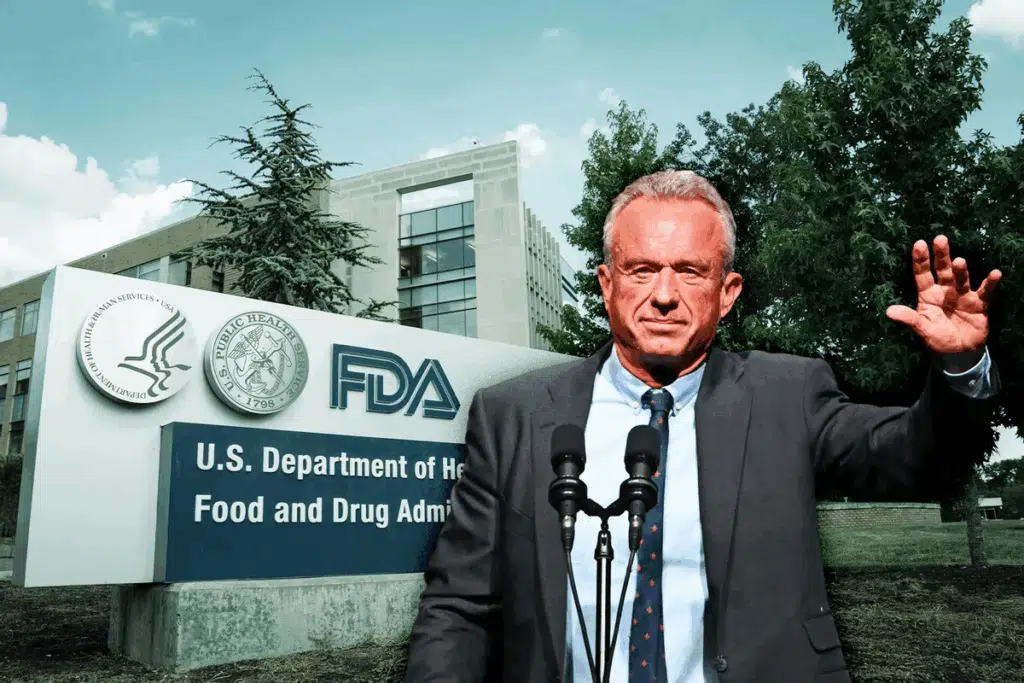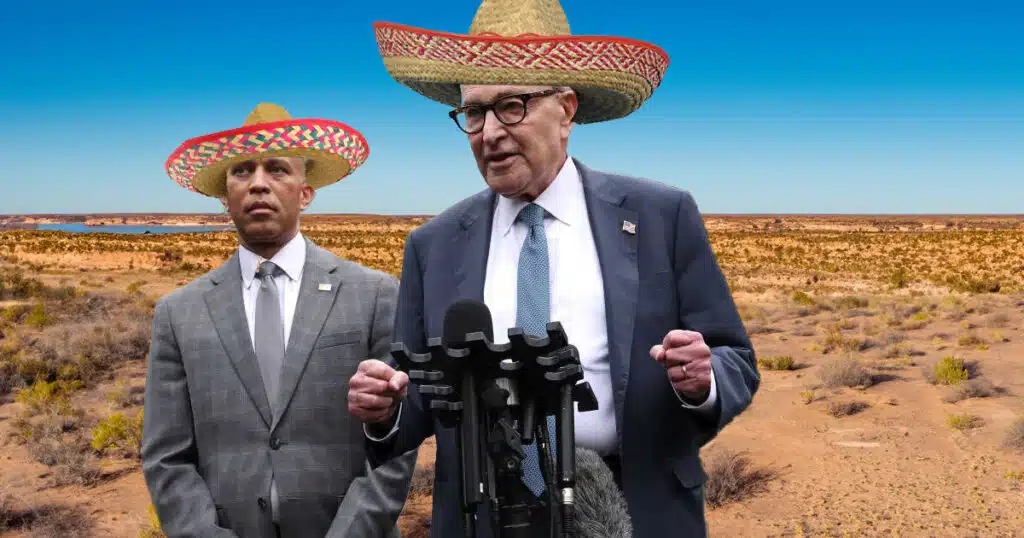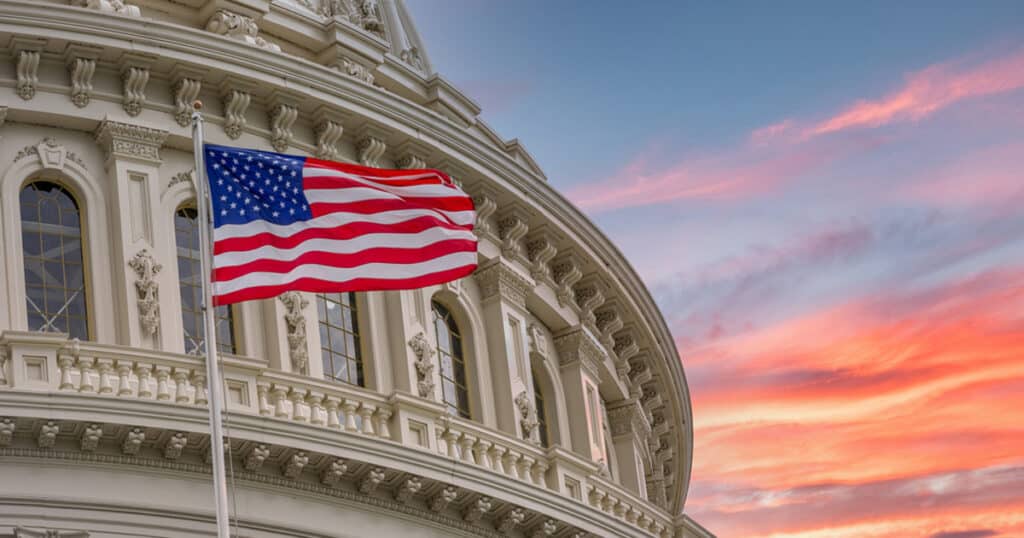
Kennedy Proves The “GRAS” Isn’t Always Greener
Self-regulation is one of the greatest oxymorons, which is sometimes allowed for major corporations. The Achilles heel of “self-regulation” is the same thing that destroys trust in many situations, simply put, it’s … Money.
When you allow any business to self-regulate, you place a mantle of trust on their shoulders. Unfortunately, the weight of that trust is too often offset by the lure of shortcuts that allow the companies to increase profits. The almighty dollar is a seductive mistress that frequently clouds sound judgment.
The Food and Drug Administration (FDA) allowed the American food industry to self-regulate on some of the ingredients it uses in its products. That allowance is known as the “GRAS Loophole.”
GRAS stands for “Generally Recognized As Safe.” The FDA uses this regulatory term to refer to food ingredients or substances widely accepted as safe for human consumption. This designation means that these ingredients are exempt from the usual regulations that apply to food additives.
Health and Human Services Secretary Robert F. Kennedy Jr. is determined to make good on his promise to make the food industry safer. Recently, he shocked the corporate food industry with a significant announcement targeting toxic chemicals in America’s food supply.
Kennedy directed the FDA to thoroughly review numerous food additives and colorings that have negatively affected Americans for decades.
“No parent should ever worry about what’s in their child’s food. We’re taking decisive action and using every authority we have to clean up the food supply and protect American families.”
The sweeping reforms include eliminating all petroleum-based synthetic dyes from the nation’s food supply—chemicals that European countries have banned for years but remain in American foods.
“For too long, some food producers have been feeding Americans petroleum-based chemicals without their knowledge or consent. These poisonous compounds offer no nutritional benefit and pose real, measurable dangers to our children’s health and development.”
According to Kennedy, the “GRAS Loophole” has allowed this to occur, and he has it firmly in his crosshairs.
“For far too long, ingredient manufacturers and sponsors have exploited a loophole that has allowed new ingredients and chemicals, often with unknown safety data, to be introduced into the U.S. food supply without notification to the FDA or the public.”
This self-regulation system has enabled the entry of numerous questionable substances into the food supply with minimal scientific scrutiny and public disclosure.
The new FDA regulations will require companies to notify the agency publicly and submit safety data before introducing new ingredients, fostering transparency where it was previously lacking.
The FDA deserves praise for quickly acting on Kennedy’s directives. The agency has announced that it will immediately revoke authorization for two synthetic food colorings: Citrus Red No. 2 and Orange B. Additionally, six more synthetic dyes are scheduled to be eliminated by the end of next year.
These include common additives found on numerous ingredient labels: Red 40, Yellow 5, Yellow 6, Blue 1, Blue 2, and Green 3.
FDA Commissioner Marty Makary emphasized the importance:
“Today, the FDA is urging food companies to replace petrochemical dyes with natural ingredients for American children, just as they already do in Europe and Canada.”
“We have a new epidemic of childhood diabetes, obesity, depression, and ADHD. Given the growing concerns of doctors and parents about the potential role of petroleum-based food dyes, we should not be taking risks and do everything possible to safeguard the health of our children.”
Food manufacturers are required to reformulate thousands of products as Kennedy’s directives change food safety regulations. These adjustments end decades of standard practices for processed food companies.
Large food companies have historically used synthetic additives to improve the appearance of processed foods while reducing costs. The FDA’s new approach signifies a major change in the regulatory landscape.
The focus is not only on dyes. Kennedy’s FDA is introducing a modernized, evidence-based system for prioritizing the review of hundreds of existing chemicals. This includes substances like BHT, BHA, propylparaben, and titanium dioxide, as well as preservatives and additives in thousands of everyday products.
During his confirmation hearing, Kennedy addressed the Senators.:
“If we don’t solve chronic disease, all of the other disputes we have about who’s paying, and whether it’s insurance companies, whether it’s providers, whether it’s HMOs, whether it’s patients or families, all of those are moving deck chairs around on the Titanic.”
Kennedy calling out the country’s food supply is nothing new. He has consistently pointed to what America eats as a primary driver of chronic disease. He surprised some during his confirmation when he said:
“We had a higher death count than any country in the world” from COVID-19, primarily because “Americans are the sickest people on Earth.”
Once implemented, the FDA’s actions will mark the most significant reform of food safety regulations in decades. For millions of American parents concerned about their children’s diets, Kennedy’s changes are a welcome improvement.
As a child, I have never forgotten my mother telling me, “I’d rather pay the butcher than the doctor.” Her point, of course, is that if you eat well, you stay healthier. Kennedy recognizes that fact, and all Americans will benefit from these changes.



